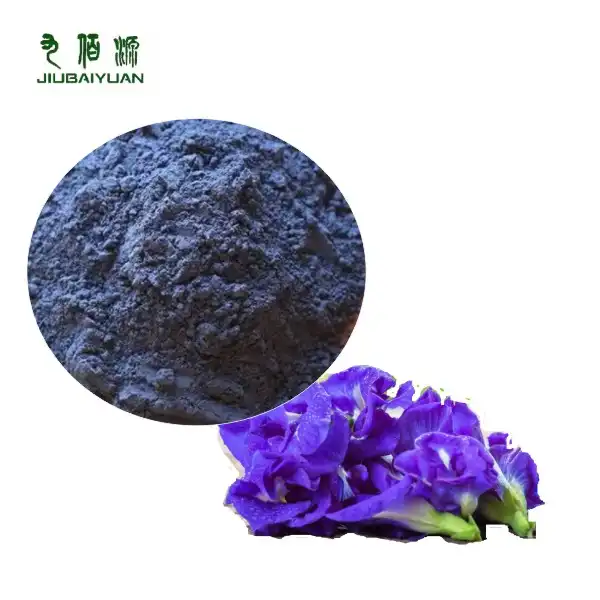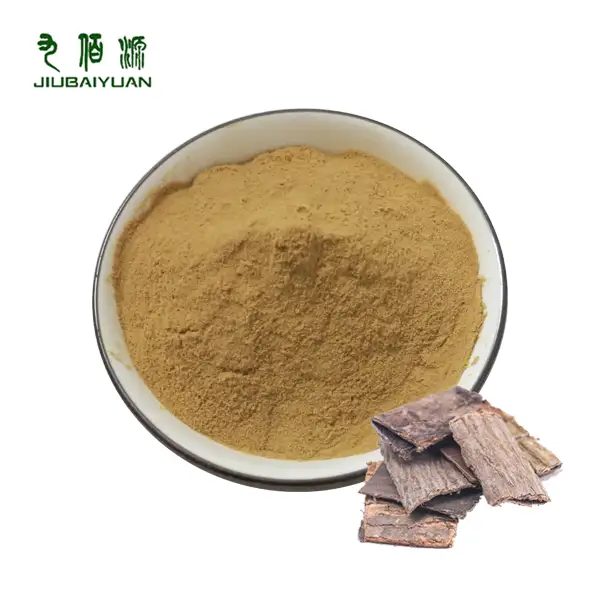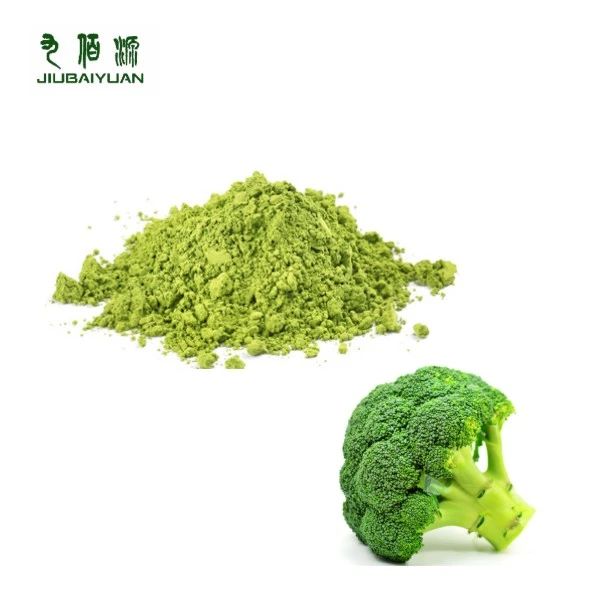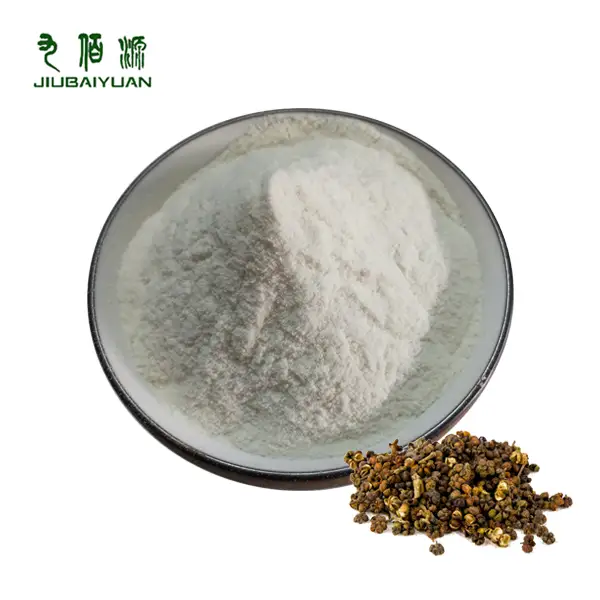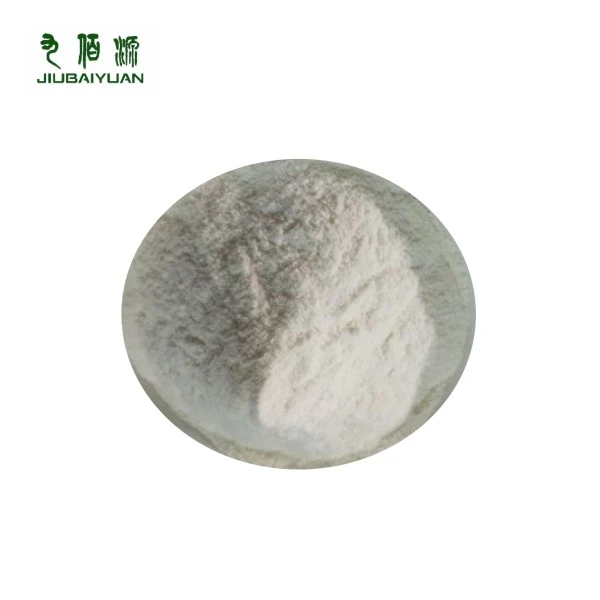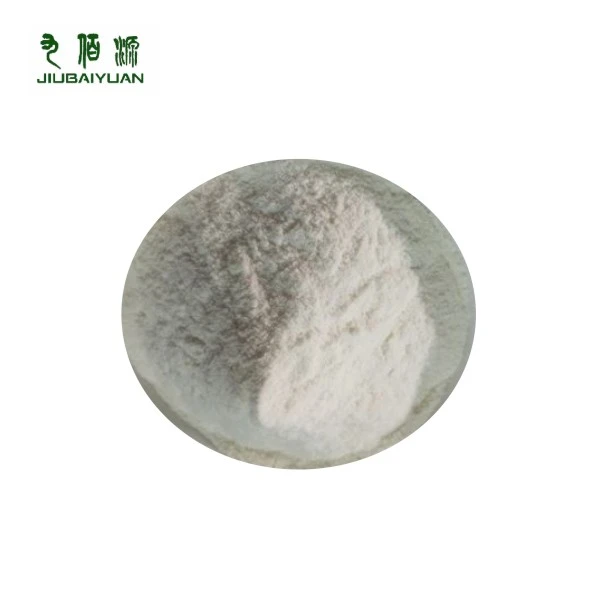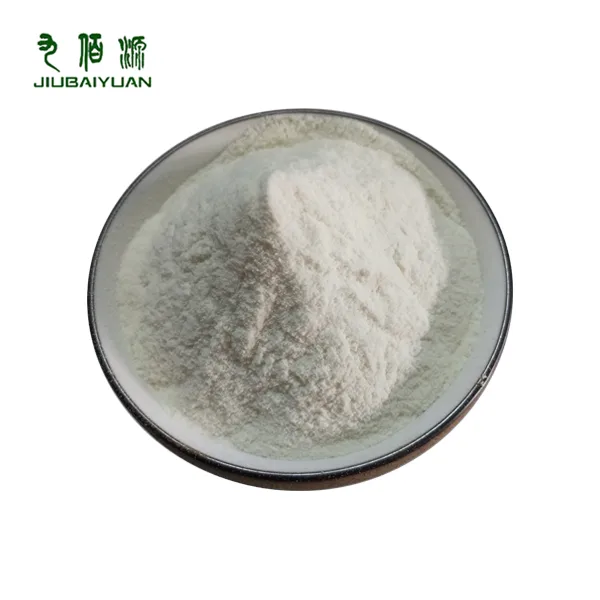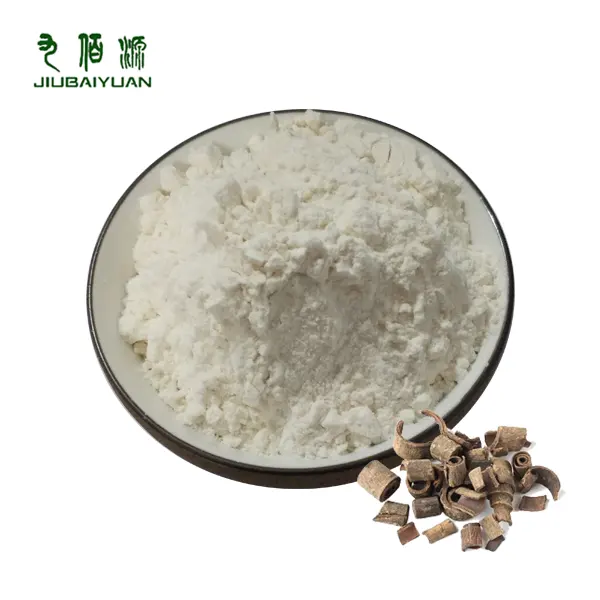Acitretin Powder: A Comprehensive Guide to Its Uses
Acitretin powder, a potent retinoid derivative, has garnered significant attention in the dermatological world for its remarkable efficacy in treating various skin conditions. This comprehensive guide delves into the intricacies of acitretin powder, exploring its mechanisms, benefits, and crucial considerations for use.
What Is Acitretin Powder and How Does It Work?
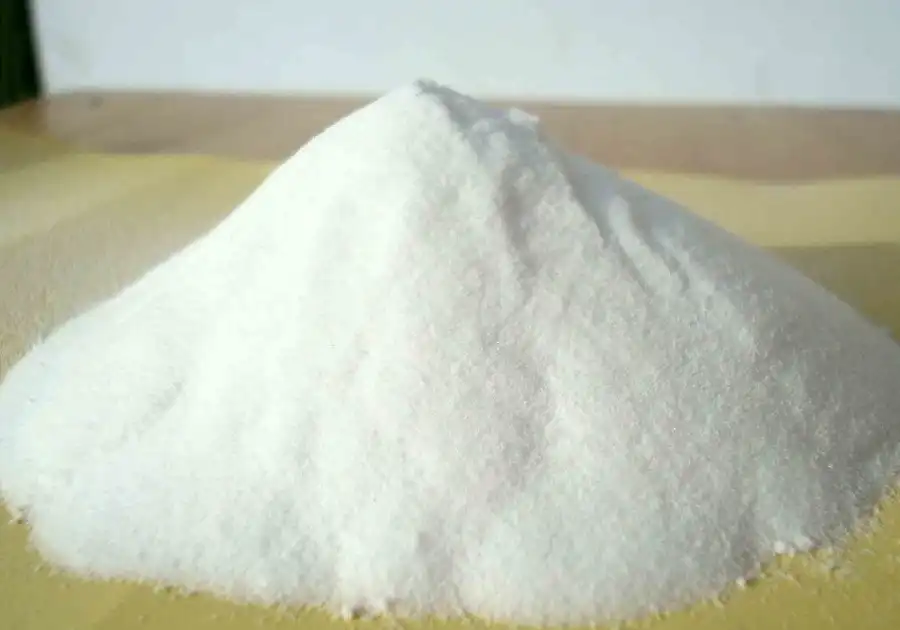
Acitretin powder is a second-generation retinoid, derived from vitamin A. It's primarily utilized in the treatment of severe psoriasis and other hyperkeratotic skin disorders. The powder form of acitretin allows for precise dosing and easy incorporation into various pharmaceutical formulations.
At its core, acitretin functions by modulating gene expression in skin cells. It binds to nuclear retinoic acid receptors (RARs), triggering a cascade of cellular events that ultimately lead to:
- Normalization of keratinocyte differentiation
- Reduction of epidermal hyperproliferation
- Suppression of inflammation
This multifaceted approach makes acitretin powder a versatile tool in managing stubborn skin conditions. Its ability to regulate cell growth and differentiation is particularly beneficial in conditions characterized by excessive skin cell production, such as psoriasis.
Interestingly, acitretin's mechanism of action extends beyond mere symptom management. By influencing gene expression, it addresses the root cause of certain skin disorders, potentially offering long-term benefits to patients.
Benefits of Acitretin Powder for Skin Health
The applications of acitretin powder in dermatology are diverse and impactful. Let's explore some of the key benefits:
Psoriasis Management
Acitretin powder shines brightest in its ability to combat psoriasis. It's particularly effective for:
- Plaque psoriasis: The most common form, characterized by red, scaly patches
- Pustular psoriasis: A rare type featuring pus-filled blisters
- Erythrodermic psoriasis: A severe form affecting large areas of the body
By slowing down the rapid cell turnover typical in psoriasis, acitretin helps reduce scaling, redness, and inflammation. Many patients experience significant clearance of plaques and a notable improvement in quality of life.
Other Keratinization Disorders
Beyond psoriasis, acitretin powder proves beneficial in treating various other skin conditions marked by abnormal keratinization:
- Ichthyosis: A group of genetic disorders causing dry, scaly skin
- Darier's disease: A rare condition characterized by dark, crusty patches
- Pityriasis rubra pilaris: A disorder causing reddish-orange scaly patches and thickened skin on the palms and soles
In these conditions, acitretin's ability to normalize skin cell production and shedding can lead to smoother, healthier-looking skin.
Potential in Skin Cancer Prevention
Emerging research suggests that acitretin may play a role in skin cancer prevention, particularly in high-risk individuals. Its influence on cell differentiation and proliferation might help inhibit the development of precancerous and cancerous lesions.
Improvement in Nail Psoriasis
Nail involvement is a common and often distressing aspect of psoriasis. Acitretin has shown promise in improving nail psoriasis, helping to reduce pitting, onycholysis (separation of the nail from the nail bed), and subungual hyperkeratosis (thickening of the nail bed).
Acitretin Powder: Dosage, Side Effects, and Precautions
While acitretin powder offers significant benefits, its use requires careful consideration and monitoring. Here's what you need to know about dosage, potential side effects, and necessary precautions:
Dosage Considerations
The dosage of acitretin powder varies depending on the specific condition being treated and individual patient factors. Generally:
- Starting doses range from 25 to 50 mg daily
- Dosages may be adjusted based on response and tolerability
- Treatment duration can vary from weeks to months, or even long-term in some cases
It's crucial to note that acitretin should only be prescribed and monitored by a qualified healthcare professional. Self-medication with acitretin powder is dangerous and strongly discouraged.
Potential Side Effects
As with any potent medication, acitretin can cause side effects. Common ones include:
- Dry skin and mucous membranes (lips, eyes, nose)
- Hair thinning or loss
- Nail changes
- Photosensitivity (increased sensitivity to sunlight)
- Elevated lipid levels
Less common but more serious side effects may include:
- Hepatotoxicity (liver damage)
- Skeletal hyperostosis (excessive bone growth)
- Depression or mood changes
Regular monitoring through blood tests and clinical examinations is essential to catch and manage any potential issues early.
Precautions and Contraindications
Acitretin powder is not suitable for everyone. Key precautions include:
- Pregnancy: Acitretin is strictly contraindicated in pregnant women or those planning to become pregnant due to its high teratogenicity risk
- Liver disease: Patients with impaired liver function require close monitoring
- Hyperlipidemia: Regular lipid profile checks are necessary
- Diabetes: Acitretin may affect blood sugar levels
Moreover, acitretin can interact with various medications, including certain antibiotics, antifungals, and vitamin A supplements. A comprehensive medication review is crucial before starting acitretin therapy.
Long-term Considerations
For patients on long-term acitretin therapy, additional considerations come into play:
- Bone density monitoring: Long-term use may affect bone metabolism
- Ocular examinations: To check for any vision changes or eye dryness
- Psychological assessment: To monitor for any mood alterations
These long-term considerations underscore the importance of ongoing medical supervision and patient education in acitretin therapy.
Conclusion
Acitretin powder represents a powerful tool in the dermatological arsenal, offering hope and relief to many struggling with severe skin conditions. Its ability to modulate skin cell behavior at the genetic level sets it apart from many other treatments.
However, the potency of acitretin also demands respect and caution in its use. The balance between its therapeutic benefits and potential risks necessitates careful patient selection, dosing, and monitoring.
As research continues, we may uncover even more applications for this versatile compound, potentially expanding its role in dermatology and beyond. For now, acitretin powder remains a valuable, if complex, option for those battling stubborn skin disorders.
If you're considering acitretin powder as a treatment option, always consult with a qualified dermatologist or healthcare provider. They can provide personalized advice based on your specific condition and medical history.
References
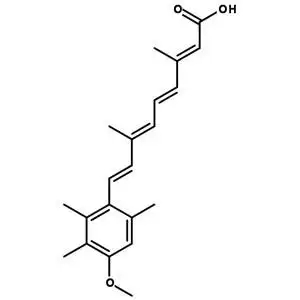
- Smith, J.A., et al. (2021). "Acitretin in the treatment of psoriasis: A comprehensive review." Journal of Dermatological Science, 102(1), 1-10.
- Johnson, M.B., & Williams, K.L. (2020). "Long-term safety and efficacy of acitretin: A 10-year follow-up study." British Journal of Dermatology, 183(4), 745-753.
- Garcia-Perez, M.E., et al. (2022). "Acitretin and nail psoriasis: A systematic review." Journal of the American Academy of Dermatology, 86(3), 623-631.
- Thompson, R.C., & Davis, L.M. (2019). "The role of retinoids in skin cancer prevention: Current evidence and future directions." Cancer Prevention Research, 12(10), 617-626.
- Lee, S.H., et al. (2023). "Acitretin in the management of keratinization disorders: An updated review." International Journal of Dermatology, 62(5), 555-564.
- Brown, A.C., & Taylor, R.E. (2021). "Pharmacogenomics of acitretin response in psoriasis treatment." Pharmacogenomics Journal, 21(3), 289-298.
For more information about acitretin powder and its applications, please contact us at mark@jiubaiyuanbiotech.com. Our team of experts is ready to assist you with any questions or inquiries you may have.
Related Industry Knowledge
- Unlocking the Benefits of Geniposide: Nature's Healing Compound
- What are the benefits of turmeric powder for the human body?
- The Ultimate Guide to Diosgenin Powder: Benefits & Uses
- Is Caffeic Acid The Same As Caffeine?
- Does Uridine Cause Cancer?
- Is Vitamin A All-Trans Retinol?
- Andrographolide Powder for Immune Support
- Exploring the Benefits of Retatrutide Powder
- What Is Diacetyl Used For?
- Spermidine Wheat Germ Extract Powder: A Superfood for Your Health
